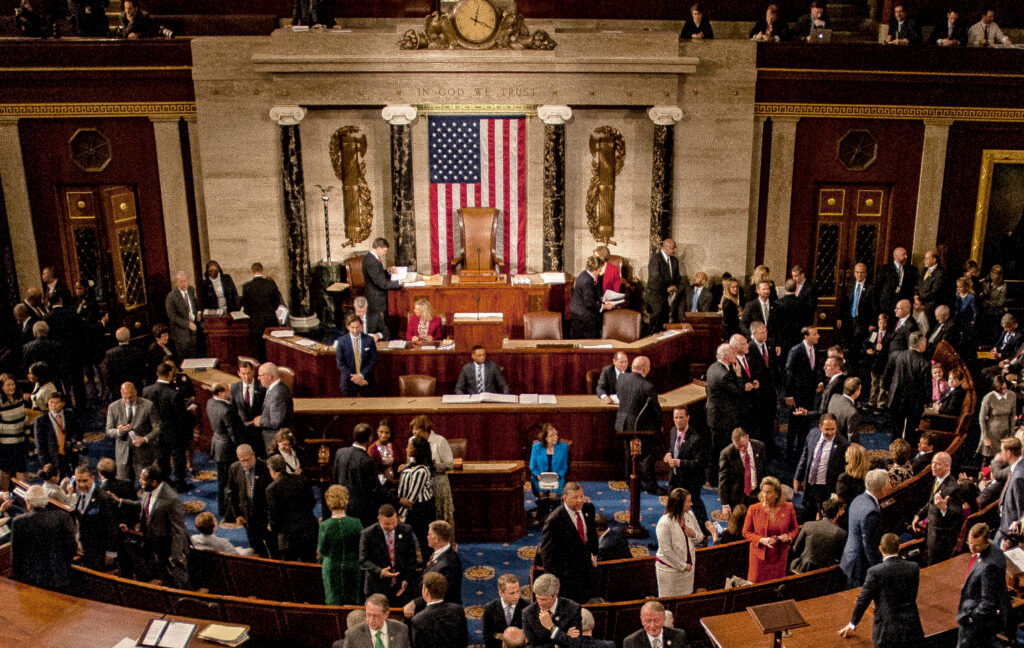The Treaty of Versailles was a peace agreement signed on June 28, 1919, between the Allied Powers and Germany, which ended World War I. The treaty aimed to prevent future wars by imposing severe penalties on Germany, including territorial losses, disarmament, and financial reparations.
However, the treaty faced significant opposition in the United States, particularly in the Senate. In November 1919, the Senate rejected the treaty for the first time, largely due to the opposition of Republican senators who believed that it would jeopardize American sovereignty and involve the country in future conflicts.
After the rejection, President Woodrow Wilson launched a campaign to rally public support for the treaty. He embarked on a cross-country tour, giving speeches and promoting the benefits of the treaty. However, his efforts were in vain as the Senate rejected the treaty once again on March 19, 1920, by a vote of 49 to 35.
The Senate’s rejection of the treaty had significant implications for the international community. Without American participation, the treaty lost much of its credibility and was never fully implemented. The failure of the treaty and the subsequent lack of cooperation among world powers contributed to the rise of aggressive regimes, including Nazi Germany, and ultimately led to World War II.
References:
https://www.history.com/topics/world-war-i/treaty-of-versailles-1
https://teachingamericanhistory.org/blog/wilsons-failure-the-treaty-of-versailles/




